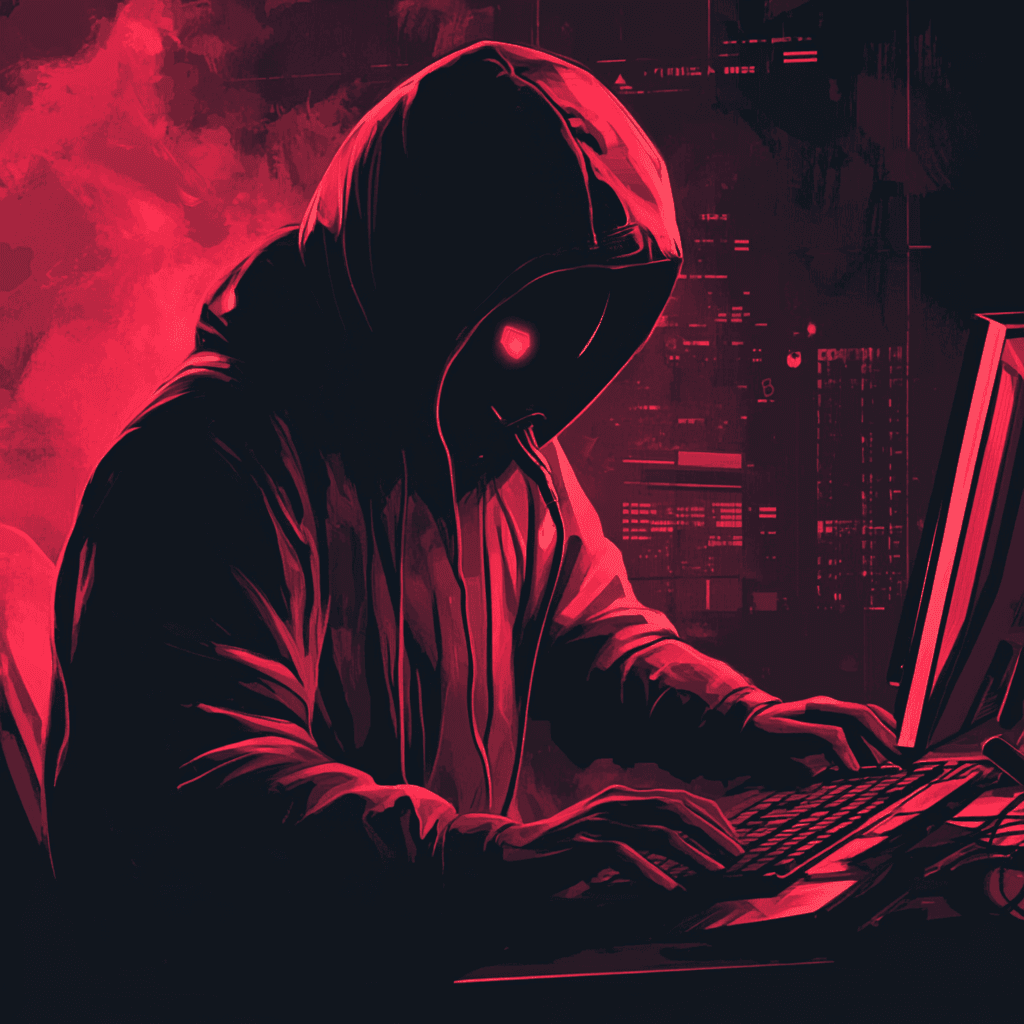2024 Elections: The AI-Powered Assault on Democracy
Sep 10, 2024
Introduction
Imagine scrolling through your social media feed and stumbling upon a video of your country's leader announcing a major policy shift that seems completely out of character. You watch it again, scrutinizing every detail, but it looks and sounds utterly real. Now, ask yourself: In a world where seeing is no longer believing, how can you trust what you encounter online during election season? Welcome to the era of deepfakes, where AI-powered deception is blurring the lines between fact and fiction, potentially undermining the very foundations of our democratic processes.
AI-generated deepfakes and disinformation campaigns are evolving at an alarming rate, outpacing our ability to detect and counter them. With over 2 billion voters across 50 countries preparing to cast their ballots, the stakes couldn't be higher.
This article explores the scope of this threat, its impact on voter trust, and innovative solutions emerging to safeguard our elections. As we'll see, the battle against deepfakes is not just a technological challenge—it's a race to preserve the integrity of democracy itself in the digital age.
The Scope of the Threat
The scale of this threat is not just staggering—it's rapidly evolving. According to Gartner, by 2026, 30% of large organizations will have dedicated teams to monitor and respond to deepfake threats. This projection highights the growing recognition of deepfakes as a significant corporate and societal risk.
The concern isn't limited to tech circles. A 2023 Deloitte survey revealed that 66% of executives are worried about the impact of deepfakes on their organization's reputation and security. When two-thirds of business leaders are sounding the alarm, it's clear we're facing a pervasive and serious challenge.
Real-World Impact: Deepfakes in Action
The threat of deepfakes in politics is not a hypothetical future scenario—it's already here. Consider these recent examples:
In March 2023, a deepfake video of Ukrainian President Volodymyr Zelenskyy apparently calling on his troops to surrender went viral. Although quickly debunked, it momentarily caused confusion and required an immediate response from the Ukrainian government.
During the 2020 US election, a manipulated video of House Speaker Nancy Pelosi, altered to make her appear intoxicated, was viewed millions of times across social media platforms. The video's rapid spread highlighted the potential for deepfakes to influence public perception of political figures.
In January 2024, just days before the New Hampshire primary, a robocall using an AI-generated voice mimicking President Joe Biden urged Democrats not to vote. This incident showcased how deepfake audio can be used to suppress voter turnout.
These incidents highlight the real and present danger that deepfakes pose to political discourse and electoral integrity. As the technology becomes more sophisticated and accessible, we can expect such attempts to manipulate public opinion to become more frequent and harder to detect.
The Erosion of Trust
Traditional methods of content verification are proving inadequate against this onslaught. Cloud-based solutions, despite their ubiquity, lack the robust security necessary to combat these sophisticated attacks. As a result, voter confidence is eroding rapidly.
A 2023 Pew Research Center study reveals the extent of this crisis: 63% of Americans say altered videos and images create a great deal of confusion about the facts of current issues and events. This widespread uncertainty undermines the very foundation of informed democratic participation.
The problem isn't confined to the United States. A 2023 study by the European Parliament found that 57% of EU citizens encounter fake news more than once a week, with an alarming 73% considering it a threat to democracy. This pervasive exposure to misinformation across major democracies paints a troubling picture for the integrity of upcoming elections.
This crisis of confidence extends beyond just political content. A growing number of people are becoming skeptical of all information they encounter online, creating a fertile ground for confusion and apathy among voters.
The Technological Arms Race
As AI technology advances, so does the sophistication of deepfakes. What once required significant technical expertise and resources can now be accomplished with easily accessible apps and online tools. This democratization of deepfake technology has made it increasingly difficult for the average person to distinguish between real and fake content.
Moreover, deepfakes have become a potent tool in modern cyber warfare. In recent years, countries like Russia, Iran, and China have been accused of using sophisticated disinformation campaigns, including deepfakes, to influence public opinion and sow discord in other nations. These state-sponsored efforts add another layer of complexity to an already challenging problem, as they often have substantial resources and expertise behind them.
The Regulatory Landscape
Governments and tech companies are scrambling to address this threat, but progress has been slow. Current regulations around AI and deepfakes are woefully inadequate, addressing only the tip of the iceberg. However, public opinion is firmly in favor of more robust oversight. A 2023 global survey by IPSOS found that 75% of respondents across 31 countries agree that governments should regulate AI, with particular emphasis on its use in sensitive areas like politics and public information.
This overwhelming support for regulation reflects growing public awareness of AI's potential for misuse in political contexts. However, the challenge lies not just in creating new rules, but in ensuring they can keep pace with rapidly evolving technology.
Potential Solutions
While the threat of deepfakes and AI-generated disinformation is formidable, innovative technologies are emerging to counter this assault on democracy. At the forefront of this defense is SLC's groundbreaking approach to identity verification and content authentication.
SLC's solution combines blockchain-secure verification systems with tamper-resistant hardware, creating an unassailable bulwark against digital deception. By leveraging secure-core silicon integrated with SIM technology, SLC establishes a "chain of trust" from the hardware level up, ensuring that every piece of information can be traced back to a verified, unalterable source.
Key features of SLC's approach include:
Immutable "records of truth": By anchoring identity and content verification in blockchain technology, SLC creates an indelible audit trail that withstands even the most sophisticated AI-powered attacks.
Real-time authentication: SLC's system provides continuous, real-time verification, allowing for the immediate detection and flagging of potentially manipulated content.
Secure hardware integration: By utilizing tamper-resistant SIM technology, SLC ensures that the verification process begins at the device level, closing off vulnerabilities that software-only solutions can't address.
Cross-platform compatibility: SLC's solution is designed to work seamlessly across various digital platforms, providing a unified defense against deepfakes across social media, news sites, and other online channels.
While SLC's technology offers a robust foundation for combating deepfakes, a comprehensive strategy also involves:
Advanced AI-powered fact-checking tools that can rapidly verify claims
Improved digital literacy programs to help voters critically assess online content
Collaborative efforts between tech companies, governments, and media organizations to create standardized verification protocols
Enhanced identity verification measures on social media platforms to ensure users are human. This is crucial given that nearly half of all internet traffic is now generated by bots, according to a recent study by Thales Group. By implementing strong ID verification, we can significantly reduce the spread of automated disinformation campaigns and create a more authentic online environment for political discourse.
By combining cutting-edge technology with broader educational and collaborative initiatives, we can create a multi-layered defense against the threat of deepfakes.
The Road Ahead
The urgency of implementing such innovations cannot be overstated. This isn't just about protecting a single election cycle. It's about safeguarding the future of democracy itself. The impact of deepfakes extends beyond just fooling voters – it has the potential to delegitimize entire electoral processes and erode the foundations of democratic societies.
As we stand on the precipice of this pivotal election year, the choice is clear: innovate or capitulate. The integrity of our democratic processes—and indeed, the future of global governance—hangs in the balance.
References




